legal
Lawsuit claims Tepco misled scale of 2011 Fukushima disaster, causing relief workers to be exposed to radiation.
High Court hands down ruling in three-year legal dispute stemming from different attitudes between hard-core idol singer fans.
Eyes on the road, and hands to yourself.
Does Japan’s legal system force suspects to confess, even if they didn’t commit the crime?
Shimane Prefecture awards a college student’s family a settlement in restitution for the roadside accident that took her life.
Japan’s Financial Services Agency opens an investigation into whether or not PokéCoins fall under jurisdiction of the country’s Payment Services Act.
Read More
Soon it may become illegal to take any photos from “hidden cameras” in Shiga Prefecture, which may mean a ban on catching Pokémon with your smart phones – Nooooo!!!
After-dinner family sticker pictures will soon be A-OK in the eyes of the law.
Lots of restaurants offer condiments for customers to use freely, but how “freely” are they actually meant to be used. For example, one ramen shop in Japan had a poster offering to let customers take as much green onion as they want, until someone came in and did just that.
The patron piled on about two bowlfuls of diced scallions per single bowl of soup, because apparently that’s the way he likes it. After a few repeat visits the staff interceded and asked that the customer cool it with the onions.
So, who is in the right? Was the gluttonous customer abusing the kind offer of the restaurant, or should the shop stand by its explicitly written offer? Japanese legal website Bengoshi News called in a lawyer to find out.
In a landmark case, the owner of an elderly Chihuahua who tragically died on an everyday walk in Osaka has successfully received 220,000 yen (almost US$2,000) in damages from the owner of a German Shepherd alleged to have brought about the death of their pet.
But what exactly happened that day, and was the German Shepherd – or rather its owner – really to blame?
In Japan, work comes first. For most people, their professional life takes priority over their family, romantic, and personal lives, with long hours and short vacations being the norm.
Given that environment, it’s no surprise that after their shift ends, many people want to stop off at a bar for a cold beer to wash the taste of work out of their mouth. For a one-month period, though, that wasn’t an option for civil servants in Fukuoka City, due to a temporary ban on drinking outside their homes. Obviously, this wasn’t a popular rule among workers, and one man was so upset he’s now suing the city, asking for a single yen in compensation.
When my brother and his family moved back to America, leaving my wife and I as the last Baseels in Japan, he graciously offered me his practically new iPhone. Sadly, despite the tempting opportunity of upgrading from my old-school flip phone, I had to turn down his generous offer.
Being happily married, this wasn’t because I needed the boost in attractiveness that comes from an outdated cell, but simply because my brother and I had different providers, and his iPhone was SIM locked, like all mobile phones in Japan have always been.
However, that might be changing soon.
As Japan’s population continues to grow older, the nation is having to change to cope with the challenges that come with this aging demographic. The following story is just one unfortunate example of how current systems can fail to meet the needs of the elderly.
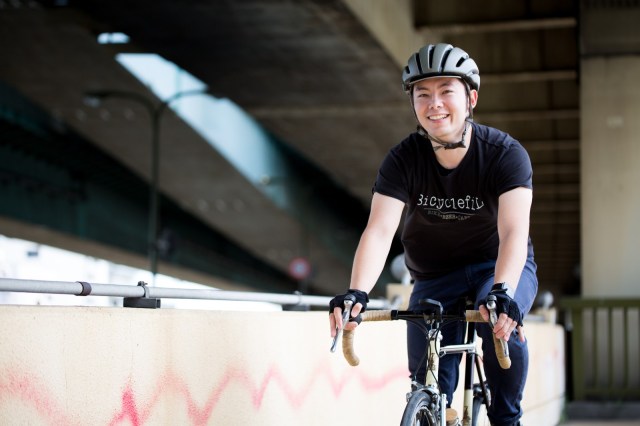


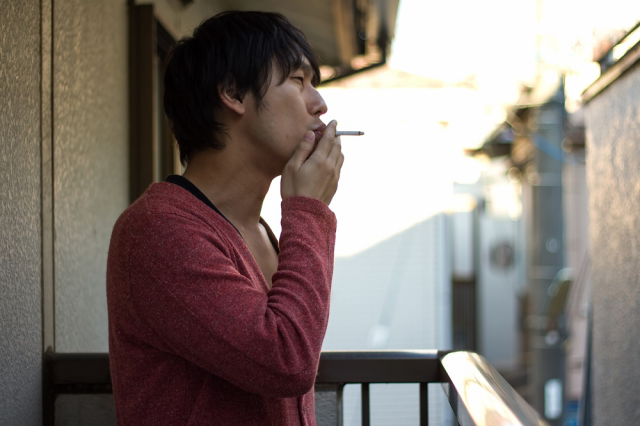
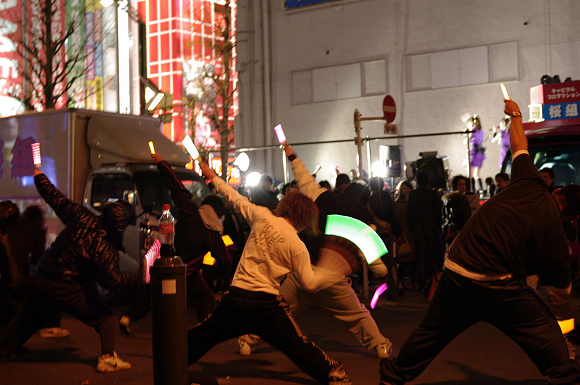
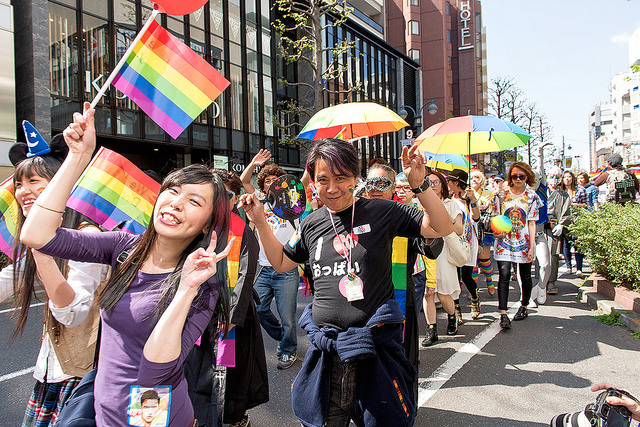


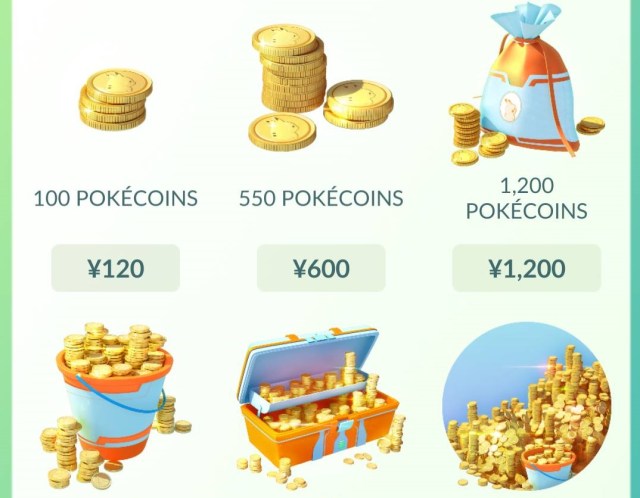
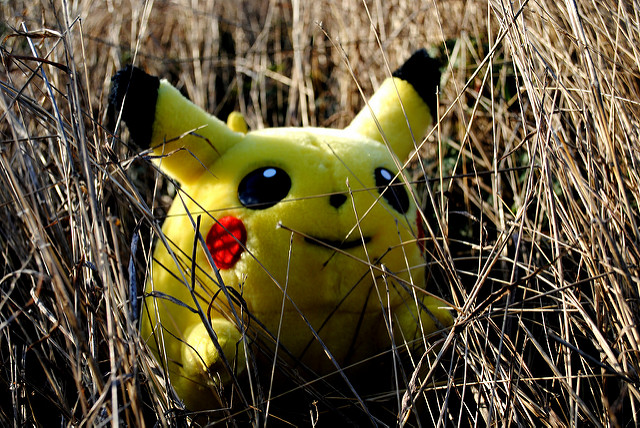

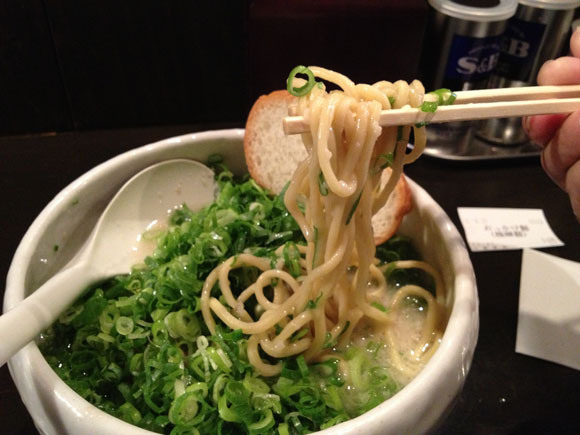
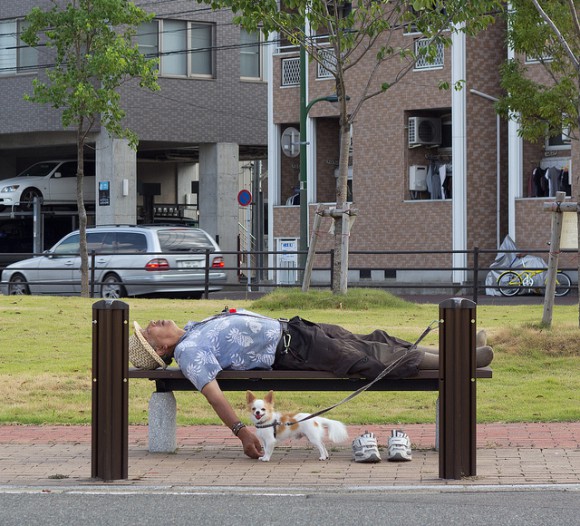
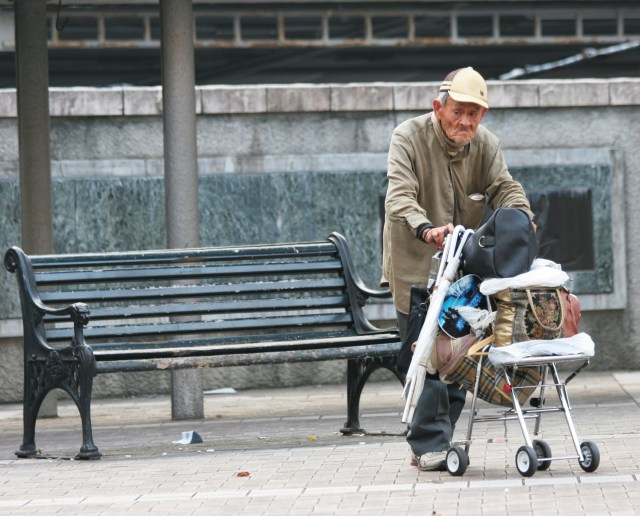
 Starbucks Japan releases first-ever Hinamatsuri Girls’ Day Frappuccino
Starbucks Japan releases first-ever Hinamatsuri Girls’ Day Frappuccino Japanese drugstore sells onigiri at pre-stupid era prices, but how do they compare to 7-Eleven?
Japanese drugstore sells onigiri at pre-stupid era prices, but how do they compare to 7-Eleven? Japan Extreme Budget Travel! A trip from Tokyo to Izumo for just 30,000 yen [Part 1]
Japan Extreme Budget Travel! A trip from Tokyo to Izumo for just 30,000 yen [Part 1] Japanese restaurant chain serves Dragon Ball donuts and Senzu Beans this spring
Japanese restaurant chain serves Dragon Ball donuts and Senzu Beans this spring Starbucks Japan releases new sakura goods and drinkware for cherry blossom season 2026
Starbucks Japan releases new sakura goods and drinkware for cherry blossom season 2026 Tokyo Station staff share their top 10 favorite ekiben
Tokyo Station staff share their top 10 favorite ekiben Japan has only one airport named after a samurai, so let’s check out Kochi Ryoma【Photos】
Japan has only one airport named after a samurai, so let’s check out Kochi Ryoma【Photos】 Burning through cash just to throw things away tops list of headaches when moving house in Japan
Burning through cash just to throw things away tops list of headaches when moving house in Japan Boro the Caterpillar anime now showing at the Ghibli Museum in Tokyo 【SoraReview】
Boro the Caterpillar anime now showing at the Ghibli Museum in Tokyo 【SoraReview】 Japan has a new bar just for people thinking about quitting their jobs, and the drinks are free
Japan has a new bar just for people thinking about quitting their jobs, and the drinks are free The 10 most annoying things foreign tourists do on Japanese trains, according to locals
The 10 most annoying things foreign tourists do on Japanese trains, according to locals Highest Starbucks in Japan set to open this spring in the Tokyo sky
Highest Starbucks in Japan set to open this spring in the Tokyo sky Tokyo Skytree turns pink for the cherry blossom season
Tokyo Skytree turns pink for the cherry blossom season Japan’s new “Cunte” contact lenses aren’t pronounced like you’re probably thinking they are
Japan’s new “Cunte” contact lenses aren’t pronounced like you’re probably thinking they are Shibuya Station’s Hachiko Gate and Yamanote Line stairway locations change next month
Shibuya Station’s Hachiko Gate and Yamanote Line stairway locations change next month Yakuzen ramen restaurant in Tokyo is very different to a yakuza ramen restaurant
Yakuzen ramen restaurant in Tokyo is very different to a yakuza ramen restaurant Starbucks Japan adds new sakura Frappuccino and cherry blossom drinks to the menu
Starbucks Japan adds new sakura Frappuccino and cherry blossom drinks to the menu Japan just had its first same-month foreign tourist decrease in four years
Japan just had its first same-month foreign tourist decrease in four years Japan’s newest Shinkansen has no seats…or passengers [Video]
Japan’s newest Shinkansen has no seats…or passengers [Video] Foreigners accounting for over 80 percent of off-course skiers needing rescue in Japan’s Hokkaido
Foreigners accounting for over 80 percent of off-course skiers needing rescue in Japan’s Hokkaido Super-salty pizza sends six kids to the hospital in Japan, linguistics blamed
Super-salty pizza sends six kids to the hospital in Japan, linguistics blamed Starbucks Japan unveils new sakura Frappuccino for cherry blossom season 2026
Starbucks Japan unveils new sakura Frappuccino for cherry blossom season 2026 Foreign tourists in Japan will get free Shinkansen tickets to promote regional tourism
Foreign tourists in Japan will get free Shinkansen tickets to promote regional tourism Take a trip to Japan’s Dododo Land, the most irritating place on Earth
Take a trip to Japan’s Dododo Land, the most irritating place on Earth Naruto and Converse team up for new line of shinobi sneakers[Photos]
Naruto and Converse team up for new line of shinobi sneakers[Photos] Is China’s don’t-go-to-Japan warning affecting the lines at a popular Tokyo gyukatsu restaurant?
Is China’s don’t-go-to-Japan warning affecting the lines at a popular Tokyo gyukatsu restaurant? Survey asks foreign tourists what bothered them in Japan, more than half gave same answer
Survey asks foreign tourists what bothered them in Japan, more than half gave same answer Japan’s human washing machines will go on sale to general public, demos to be held in Tokyo
Japan’s human washing machines will go on sale to general public, demos to be held in Tokyo Starbucks Japan releases new drinkware and goods for Valentine’s Day
Starbucks Japan releases new drinkware and goods for Valentine’s Day We deeply regret going into this tunnel on our walk in the mountains of Japan
We deeply regret going into this tunnel on our walk in the mountains of Japan Studio Ghibli releases Kodama forest spirits from Princess Mononoke to light up your home
Studio Ghibli releases Kodama forest spirits from Princess Mononoke to light up your home Major Japanese hotel chain says reservations via overseas booking sites may not be valid
Major Japanese hotel chain says reservations via overseas booking sites may not be valid Put sesame oil in your coffee? Japanese maker says it’s the best way to start your day【Taste test】
Put sesame oil in your coffee? Japanese maker says it’s the best way to start your day【Taste test】 No more using real katana for tourism activities, Japan’s National Police Agency says
No more using real katana for tourism activities, Japan’s National Police Agency says Tokyo Station staff share their top 10 favorite ekiben
Tokyo Station staff share their top 10 favorite ekiben Japan has only one airport named after a samurai, so let’s check out Kochi Ryoma【Photos】
Japan has only one airport named after a samurai, so let’s check out Kochi Ryoma【Photos】 Burning through cash just to throw things away tops list of headaches when moving house in Japan
Burning through cash just to throw things away tops list of headaches when moving house in Japan Boro the Caterpillar anime now showing at the Ghibli Museum in Tokyo 【SoraReview】
Boro the Caterpillar anime now showing at the Ghibli Museum in Tokyo 【SoraReview】 Japan has a new bar just for people thinking about quitting their jobs, and the drinks are free
Japan has a new bar just for people thinking about quitting their jobs, and the drinks are free Man arrested in Japan after leaving car in coin parking lot for six years, racking up three-million-yen bill
Man arrested in Japan after leaving car in coin parking lot for six years, racking up three-million-yen bill 7-Eleven Japan’s sakura sweets season is underway right now!
7-Eleven Japan’s sakura sweets season is underway right now! Super-salty pizza sends six kids to the hospital in Japan, linguistics blamed
Super-salty pizza sends six kids to the hospital in Japan, linguistics blamed Japan’s lowest underpass, where you have to duck under the train tracks【Video】
Japan’s lowest underpass, where you have to duck under the train tracks【Video】 How to make curry in a rice cooker with zero prep work and no water[Recipe]
How to make curry in a rice cooker with zero prep work and no water[Recipe] Viral 3D ice creams land in Japan… but are they worth the hype?
Viral 3D ice creams land in Japan… but are they worth the hype? Tokyo Skytree turns pink for the cherry blossom season
Tokyo Skytree turns pink for the cherry blossom season Japanese vending machine serves up unique drinks at four Tokyo train stations
Japanese vending machine serves up unique drinks at four Tokyo train stations